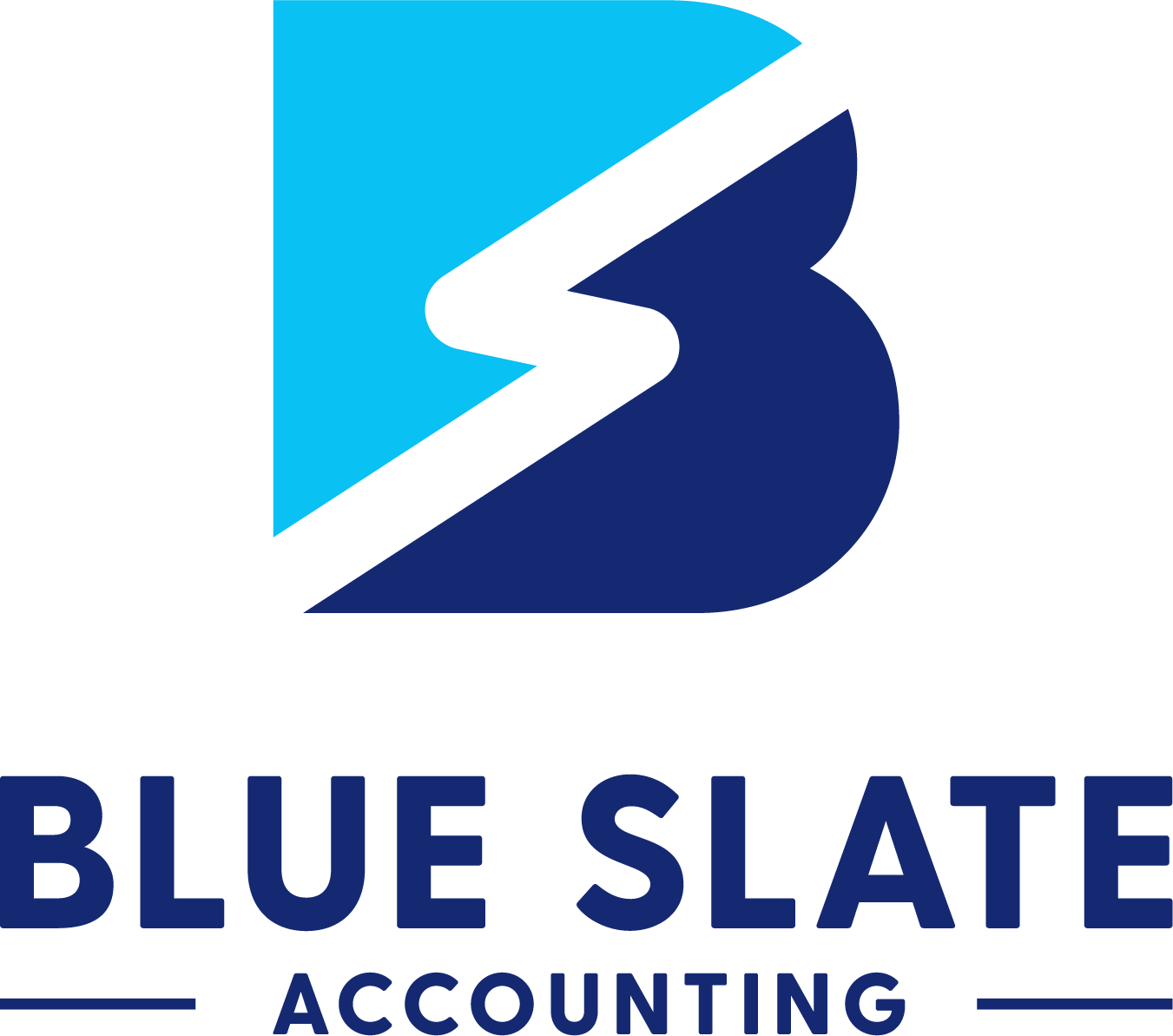Relying on an AI Tax Assistant Creates More Work
The latest and greatest.
Our society is programmed to desire the “new.” Artificial intelligence (AI) is simply the current installment.
And it won’t be the last.
But does it make sense in the tax field? Two popular software providers seem to think so.
Come along as I break down how realistic this technology is for your filing needs.
Issues With TurboTax and H&R Block AI Tax Assist
This past December, H&R Block released a generative AI tax assistant. It’s backed by Microsoft’s Azure OpenAI service.
The target market is small business owners, self-employed entrepreneurs, and individuals.
Tax areas it helps with:
- Information
- Preparation
- Knowledge
It won’t fill out or file your forms, answering questions instead. And apparently your personal tax information won’t be shared with the tool.
TechRadar was asked to try it out and found that the prompts it generated were reasonable.
Other commercial AI products have been knocked for biased and inaccurate information. This is because the technology has been trained on search information from sources like Google.
H&R Block says this isn’t applicable in their case. Using data from The Tax Institute and its 60,000 tax professionals, they aim to present more relevant answers.
According to the company’s press release, it’s “backed by H&R Block’s 100% accuracy and maximum refund guarantees.” Only one issue.
Both it and TurboTax’s AI product are off to a rocky start. They both have been critiqued for accuracy.
Cue the dramatic music.
Lawsuit Raises More Concerns Around Tax AI
What normally happens if the artificial intelligence can’t find the correct answer? Responses are simply invented. A common problem among current offerings.
Experts in the field are concerned that this obstacle may never be solved.
Aditya Thadani, VP of Artificial Intelligence Platforms for H&R Block, commented on this topic. “We’re sitting on a lot of really personal, private information. As much as we want to use that to answer questions effectively, we have to continue to find the balance.”
Their main competitor TurboTax also launched an AI-powered tool around the same time. It didn’t take long for conflict.
In January, Intuit (owner of TurboTax) sued for “misleading marketing.” Charging that H&R Block made false statements on pricing for AI help.
Specifically, that TurboTax was significantly more expensive. The company has refuted this claim and is seeking restitution.
It’s interesting because both H&R Block and Intuit are currently dealing with the Federal Trade Commission (FTC) surrounding their marketing messaging.
It reminds me of two siblings pointing the finger at the other when one knocked over a vase.
Next, I’ll share about the outlook of AI’s integration into the tax world.
Tax AI is Still Here to Stay
Love it or hate it, AI isn’t going anywhere.
But that doesn’t mean human tax professionals are obsolete. Far from it.
Job security concerns are natural in the case of advanced large language models (LLMs). However, there’s a reason to be hopeful. Namely because most available options are chained.
Providers are more worried about lawsuits and negative publicity. Gab AI is one exception.
Limitations of the technology:
- Lacks creativity
- High costs
- Amplifies biases
- Context confusion
Whatever guardrails a company sets up for their AI prevent original solutions to problems. When a taxpayer has a unique issue, they can find themselves frustrated. Like the irritation that consumers experience with an outsourced call center who goes off a script.
Despite H&R Block’s stated target customer, self-employed individuals may find their AI assistant out of reach. As inflation increases, they must decrease expenses. Seeing this tool as a luxury and thereby unnecessary.
Artificial intelligence learns from historical data. And uses inputs from the programmers. ChatGPT is one example, as there are certain prompts it won’t deliver. Namely those of a more conservative worldview.
Humans can quickly pick up on the broader context of a situation. AI can miss these subtleties. An unwelcome limitation in decision-making situations. In the fast-paced business landscape, it can slow progress and growth.
Constraints of Tax Software and How It Relates to AI
Tax software is another example of tech that people trust too much. Expecting it to accurately generate a flawless return the first time.
Be careful not to rely too heavily on programmed machinery.
Simple returns are best handled by this software. Which doesn’t apply to businesses.
The technology also struggles with more involved returns.
Examples:
- Investments
- Dependents
- Mortgage
- Home-based business
Even when our customers use these tools, we double check everything to verify correctness. Compliance with the IRS is the reason behind this attention to detail.
Tax experts stay up with the evolving U.S. Tax Code. Pivoting and offering the most up-to-date advice.
Something lacking from computer models. That’s because it must be entered manually into the algorithm or computer code.
With software, you must assume the information includes these updates. But there’s nobody to verify that for you.
A tax professional will explain it in real-time while you sit in front of them.
Like AI, it doesn’t give you custom solutions either. Once again, chalk it up to a general lack of creativity.
Your business is different from a competitor down the street. A cookie cutter output doesn’t help you. But that’s what you get when paying for “value.”
In the same vein, tax benefit maximization is another missing piece. Breaks aren’t advertised by the IRS. Same for H&R Block and TurboTax’s products.
I want to close by suggesting another course you can take.
Blue Slate Accounting Tax Services Company
Something is missing from the field.
A human approach to personalized tax services. Zelienople, PA is our home, but we’ve worked with businesses and individuals across this great nation.
Whether that’s aiding their successful filing or dealing with an IRS audit.
Our small, but dedicated team of certified tax professionals and an IRS Enrolled Agent assist with:
- Federal, state, and local taxes
- Navigating tax regulations
- Increasing money you’re legally entitled to
- Limiting any tax burden
- Quarterly filings
We can clean up the debacle of that unorganized box of tax documents. For a monthly fee, we can counsel you on deductions and breaks to use next time.
Your return will be double-checked by hand for ultimate accuracy. Because we strive for excellence just like you do.
Offload your personal tax needs today. And take the first step towards reclaiming your joy and happiness!










